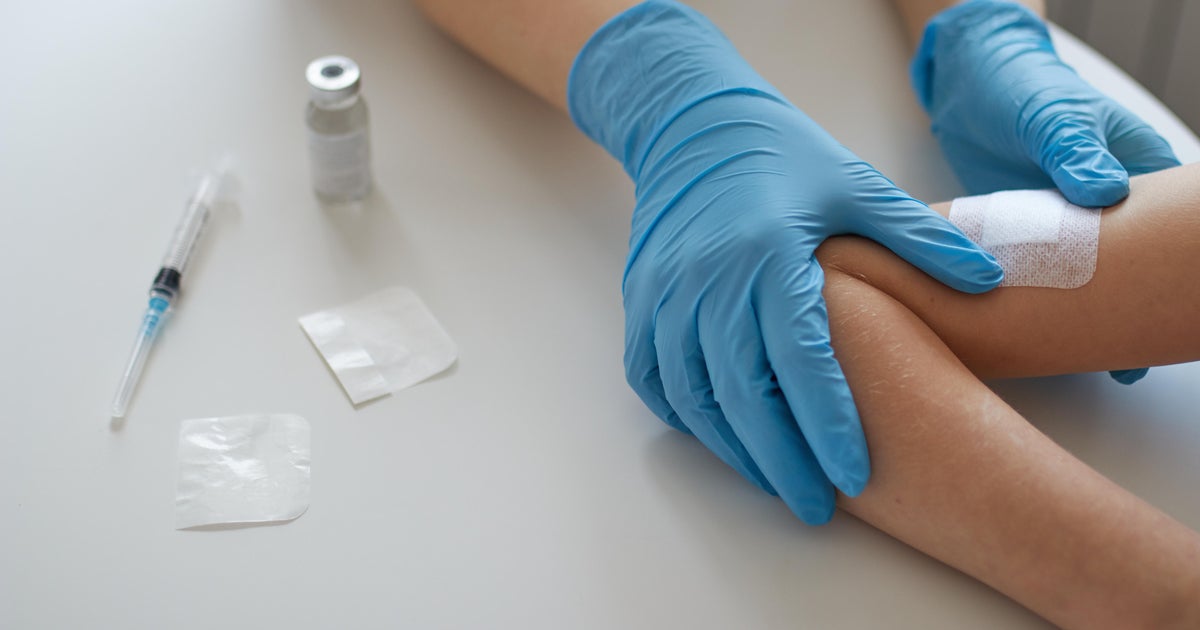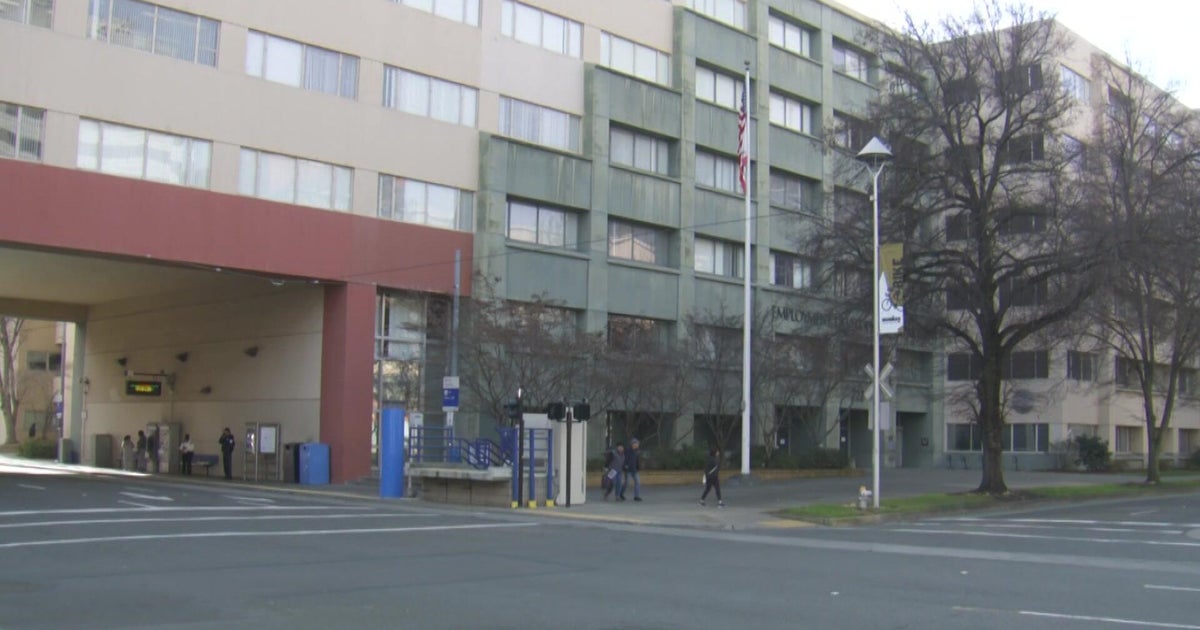Berkeley ending city worker COVID-19 vaccine mandate as state of emergency ends
BERKELEY – Berkeley will drop its COVID-19 vaccination requirement for city employees on March 1, aligning with the end of the state's pandemic emergency declaration.
Existing Berkeley city employees have been required to show proof of vaccination since late 2021 unless they had a valid exemption, while all new hires had to report their vaccination status as a condition of employment.
That's set to change next week, officials with the city's Public Health Division said Tuesday, while masking requirements inside city buildings and vehicles will also be relaxed.
Berkeley is one of three cities in the state, along with Long Beach and Pasadena, that operate as an independent public health jurisdiction.
The city handles its own public health matters independent of the Alameda County Public Health Department, but the two have generally been aligned throughout the pandemic.
In an overarching report to the Berkeley City Council on the city's pandemic response, Health Officer Dr. Lisa Hernandez said local public health policies will shift from an emergency response to COVID to prevention of the virus' worst outcomes, primarily through vaccination and antiviral medication.
"As we move through the next few months and years, we will continue to shift our response to prevention and we will continue to integrate many of the activities that we were doing in the COVID response unit into public health programs," Hernandez said.
The city has already aligned with state public health policy on other matters, including when and where a face covering is required or just recommended.
Until Feb. 28, masks are still required regardless of vaccination status in health care and long-term care facilities.
They're also required in homeless and emergency shelters and jails and prisons if the county in which the facility sits has a medium or high level of COVID spread, as determined by the U.S. Centers for Disease Control.
As of Feb. 16, all 11 counties in the greater Bay Area have low COVID community levels, according to CDC data.
Hernandez and Director of Health, Housing and Community Services Dr. Lisa Warhuus noted that the city is much better equipped now to handle the virus going forward than at any other time in the pandemic.
Berkeley's average yearlong case rate per 100,000 residents has increased each of the last three years, topping out at 20.5 cases in 2022.
However, the number of COVID-related hospitalizations and deaths has declined in each of the last three years.
Hernandez noted that the rise in cases is due in part to the end of the restrictions from early in the pandemic as well as increasingly contagious variants.
She also credited the widespread availability of vaccines and therapeutic medications as a catalyst for the decline in the "severe impacts" of the virus.
According to Hernandez, the city has the highest vaccination and booster rates in the Bay Area at 94 percent and 92 percent, respectively.
Some 42 percent of Berkeley residents have also received the bivalent booster vaccine, which targets two strains of the highly contagious omicron variant.
All three vaccination rates also outpace statewide figures, Hernandez said.
"Our community has been very receptive to science and has been a strong partner with us as we endured this pandemic," she said Tuesday.
COVID virus levels in Berkeley's wastewater are currently down from their December peak, but remain relatively elevated compared to last spring, according to city data.
Overall, the city has confirmed 22,585 COVID cases since the pandemic began, and the current reported test positivity rate across the city is just shy of 7 percent.
Both of those are undercounts, Hernandez said, as the city does not track or report results from at-home COVID tests.
The virus has also killed 74 residents, according to the city.
"I'm confident that this very difficult part of our history has better prepared us to respond to emergencies in the future," Berkeley Mayor Jesse Arreguin said.
"Obviously it's changed the way that we live, it's changed the way that we work, and there's really no going back," he said. "It's a question of how we move forward."







